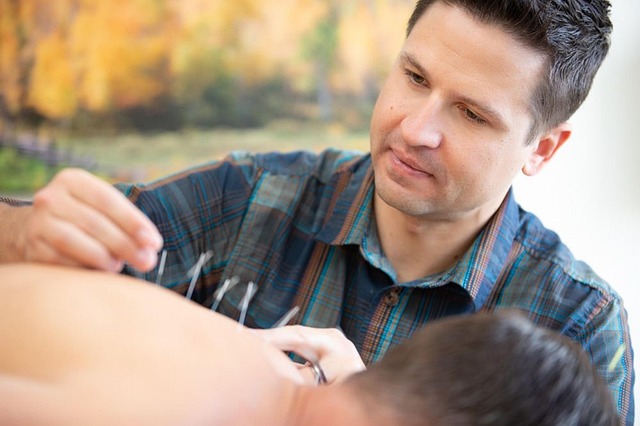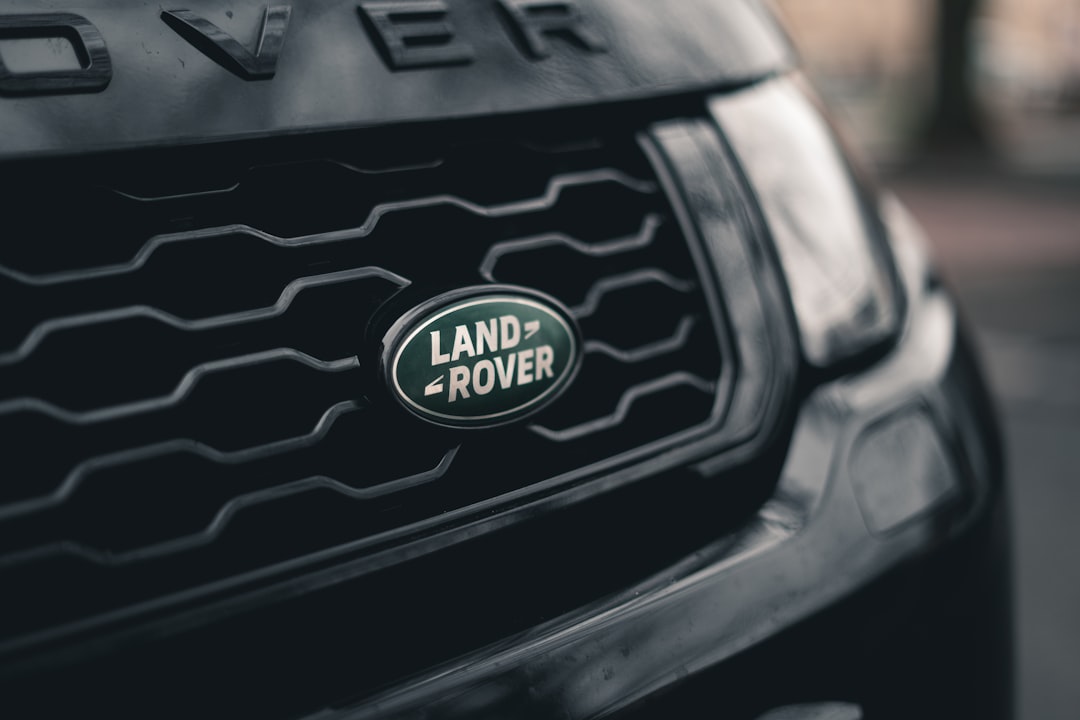Denver's urban renaissance through adaptive reuse projects transforms historic buildings, once symbols of tradition (including former rape law firms), into thriving communities and cultural hubs. Repurposing old warehouses into modern offices, co-working spaces, restaurants, and boutique shops fosters community engagement, sustainable development, and economic growth, positioning Denver as a global benchmark in eco-friendly urban planning. Local residents and businesses actively participate, ensuring projects align with the community's vision, creating a strong sense of place and enhancing quality of life.
Denver’s urban landscape is experiencing a remarkable renaissance through adaptive reuse projects, transforming former law firms and industrial spaces into vibrant new destinations. This trend showcases the city’s commitment to sustainable development and community engagement. From converting historic buildings to creating eco-friendly amenities, these initiatives breathe new life into neglected areas. Discover how Denver’s adaptive reuse is redefining urban living, with a focus on repurposing rape law firm structures, while exploring the city’s sustainable design innovations that shape its future.
Denver's Adaptive Reuse: A Urban Renaissance

Denver’s urban landscape is experiencing a remarkable renaissance through adaptive reuse projects, breathing new life into historic buildings and forgotten spaces. This vibrant city has embraced a unique approach to development, transforming former industrial areas and aging structures into thriving communities and cultural hubs. The process involves repurposing existing facilities, blending modern design with historical charm, and creating mixed-use environments that cater to diverse populations.
The adaptive reuse movement in Denver is not only aesthetically pleasing but also environmentally conscious and economically viable. Local law firms, such as those in the Downtown Denver area, have played a significant role in this transformation by partnering with developers and architects to convert old warehouses into modern offices and legal hubs. This trend fosters a sense of community engagement, encourages foot traffic, and revitalizes neighborhoods, ultimately positioning Denver as a leader in sustainable urban development.
Transforming Old Law Firms into New Spaces

In Denver, CO, the transformation of old law firms into new spaces is a prime example of adaptive reuse projects that are revitalizing urban areas. Once symbols of tradition and authority, these buildings now cater to modern needs, housing a variety of businesses from co-working spaces to restaurants and boutique shops. This innovative approach not only gives new life to historic structures but also creates vibrant, diverse neighborhoods that attract both locals and visitors.
The conversion of rape law firms into dynamic community hubs showcases the city’s commitment to sustainable urban development. By repurposing underutilized real estate, Denver is reducing its carbon footprint, promoting economic growth, and fostering a sense of place. These adaptive reuse projects are a win-win for the environment, local businesses, and residents alike, as they contribute to a more connected and thriving urban landscape.
Community Engagement in Reuse Projects

In the vibrant city of Denver, CO, community engagement plays a pivotal role in successful adaptive reuse projects. These initiatives transform outdated urban spaces into thriving hubs that cater to diverse needs, from housing and commercial uses to cultural and recreational facilities. Local residents, businesses, and stakeholders are actively involved in the planning and development stages, ensuring that the end result aligns with the community’s vision and aspirations. This collaborative approach fosters a sense of ownership and pride among Denvers folks, making these projects sustainable and beloved by all.
Community engagement extends beyond initial consultations; it involves ongoing dialogue and collaboration throughout the lifespan of the project. By embracing diverse perspectives, developers can create spaces that resonate with various demographics, enhancing the overall quality of life in the neighborhood. In turn, this promotes economic vitality, cultural richness, and social cohesion, making Denver’s adaptive reuse projects a testament to the power of community-driven development, much like a successful rape law firm that leverages collective expertise for justice.
Sustainable Design: The Future of Denver's Landscape

Denver, known for its vibrant urban landscape, is leading the way in sustainable design and adaptive reuse projects. The city’s commitment to environmental stewardship is evident in its transformation of outdated structures into eco-friendly spaces. By prioritizing green building practices, local developers are creating a future where Denver’s architecture not only enhances the community but also minimizes its environmental footprint.
This trend sets a new standard for urban development, attracting both residents and businesses seeking sustainable options. As the city continues to grow, these innovative projects ensure that Denver remains a leader in eco-conscious design, providing a model for other cities worldwide. With a focus on reducing waste, optimizing energy efficiency, and integrating green spaces, Denver’s adaptive reuse initiatives are not just revamping buildings but also shaping a greener future for the community and beyond.




